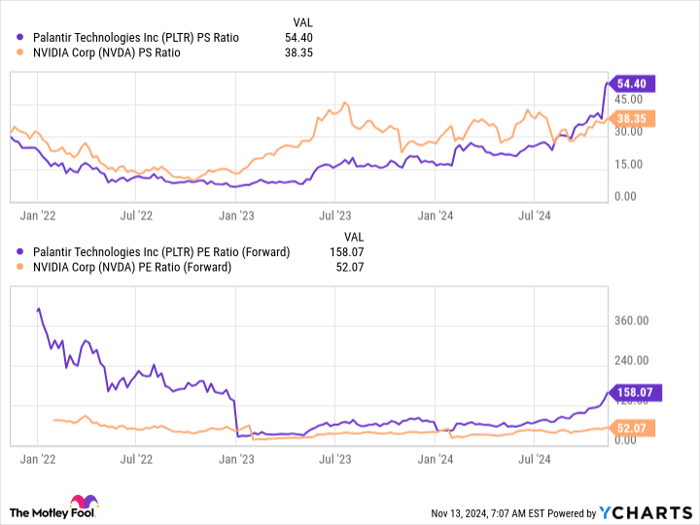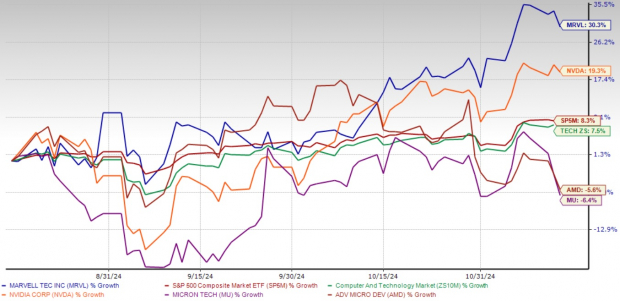Ford (NYSE: F) recently surprised investors by changing course on their electric vehicle (EV) strategy, opting to shift focus towards hybrid vehicles. This move, while initially drawing mixed reactions, could prove to be a prudent steering of the wheel in the ever-evolving automotive landscape.
A Revamped Roadmap
Part of Ford’s new direction includes scrapping plans for a three-row electric SUV in favor of introducing it as a hybrid. Additionally, the company announced the delay of the successor to the F-150 Lightning to 2027, alongside the production of a new electric van and a medium-sized electric pickup in 2026. The relocation of battery production from Poland to Michigan underscores a strategic move to leverage tax credits.
Despite taking a $400 million non-cash writedown on the abandoned electric SUV, Ford expects additional expenses and capital expenditures of up to $1.5 billion. The company also aims to reduce its planned pure EV capex from 40% to 30%, citing a rising demand for hybrids. Ford’s decision not to introduce new EV models unless they are EBIT positive within a year post-launch signifies a shift towards more pragmatic and financially sustainable ventures.

Image source: Getty Images.
Navigating the Shifting Terrain
With EV sales growth decelerating and intensified competition in the market, Ford’s pivot to hybrids seems timely. The exponential rise in companies offering EV models has led to aggressive price cuts, exemplified by hefty discounts as seen in the case of the Kia EV9. Concerns over battery longevity, replacement costs, and infrastructure limitations have somewhat dampened consumer enthusiasm for EVs.
Hybrids, on the other hand, alleviate these concerns with their no-charging setup, reliance on regenerative braking for energy, and more manageable battery replacement costs. The surge in hybrid sales indicates a growing preference among consumers for these vehicles, reflecting a pragmatic choice that combines sustainability with practicality.
The Road Ahead for Ford Stock
By realigning its focus towards hybrids, Ford is adapting to meet current consumer preferences while laying the groundwork for a sustainable future. Despite trading at a forward P/E ratio of just over 5.7 and an enterprise value-to-EBITDA multiple of 11 times base, Ford’s strategic shift positions it as a compelling long-term investment.
Shifting away from unprofitable EV ventures towards hybrids underscores Ford’s commitment to delivering value to shareholders. While challenges lie ahead, this strategic adjustment enhances Ford’s appeal as a prudent investment choice in a rapidly evolving automotive landscape.
Investor Considerations
Before diving into investments, carefully evaluate Ford Motor Company’s strategic realignment and how it aligns with your investment goals. Always weigh the opportunities and risks associated with investing in the automotive sector, especially amidst industry-wide shifts and evolving consumer preferences.
The Unstoppable Forces in Investing: Unearth the Gems
10 best stocks for investors to buy now… and Ford Motor Company wasn’t one of them. The 10 stocks that made the cut could produce monster returns in the coming years.
Consider when Nvidia made this list on April 15, 2005… if you invested $1,000 at the time of our recommendation, you’d have $786,169!*.
Stock Advisor provides investors with an easy-to-follow blueprint for success, including guidance on building a portfolio, regular updates from analysts, and two new stock picks each month. The Stock Advisor service has more than quadrupled the return of S&P 500 since 2002*.
*Stock Advisor returns as of August 26, 2024



